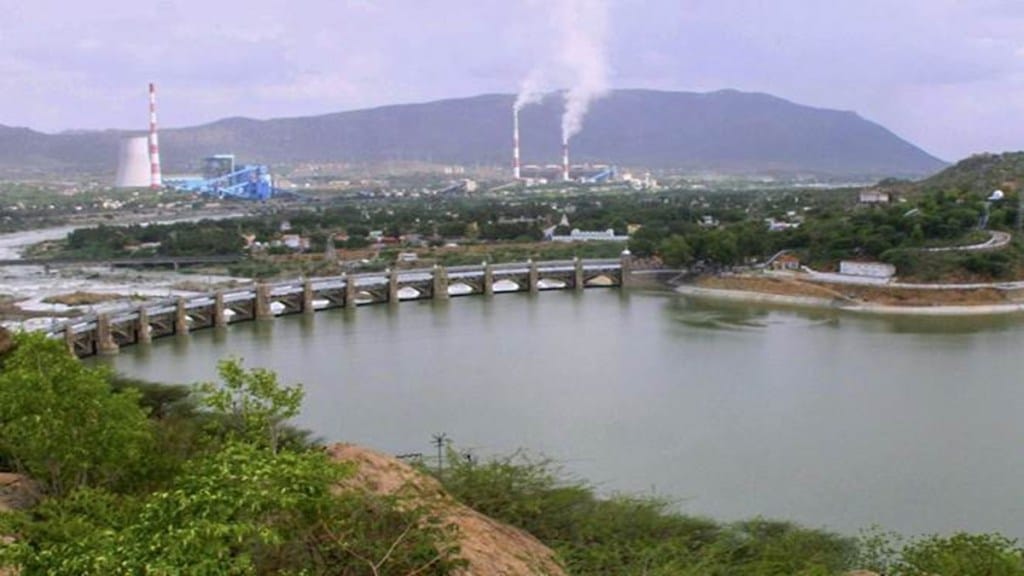The Supreme Court on Thursday refused to interfere with a directive issued by the Cauvery Water Management Authority (CWMA) to the State of Karnataka, asking it to release 5000 cusecs of water at Biligundlu for a 15-day period, spanning from September 13 to September 27.
The directive, initially issued by the Cauvery Water Regulatory Committee (CWRC) and affirmed by the CWMA, comes amidst ongoing tensions between the states of Karnataka and Tamil Nadu regarding water-sharing agreements.
A bench comprising Justice BR Gavai, Justice PS Narasimha, and Justice Prashant Kumar Mishra presided over the case. The court acknowledged the expertise within the CWMA and CWRC, consisting of professionals well-versed in water resource management and agriculture.
Also Read: Cauvery water dispute: Eight-point guide to the 125-year-old dispute
The court also noted that the CMRC had considered various factors, including this year’s water shortfall and the deteriorating conditions in the Cauvery basin over the last 15 days. This situation continues to be vigilantly monitored by the relevant authorities at 15-day intervals.
Senior Advocate Mukul Rohatgi, representing the State of Tamil Nadu, argued that although the CWMA and CWRC had recognised Tamil Nadu’s eligibility for the release of 7200 cusecs, it was reduced to 5000 cusecs.
“It is a distressing year for everyone. I’m a lower agrarian state. The calculation is based on that. In a regular year I would have been eligible for three times more,” Rohatgi emphasised.
Senior Advocate Shyam Divan, representing Karnataka, acknowledged compliance with the CWMA’s order despite its adverse impact on the state’s interests. He informed the court about Karnataka’s separate application challenging the directive. Divan argued, “Karnataka doesn’t even get the benefit of the North East Monsoons.”
Justice Gavai emphasised the complexity of the situation, with Tamil Nadu asserting a need for 7200 cusecs while Karnataka claimed they could only provide 2000 cusecs.
“We are not inclined to interfere. Every 15 days, they [CWMA and CMRA] are monitoring and reviewing it. It is a body consisting of various experts, and they have given their reasons.” Justice Gavai said during the bench hearing.
Also Read: Centre dissolves 28-yr-old Cauvery Water Disputes Tribunal
The dispute over the Cauvery river’s waters has persisted for decades, originating in 1974 when Karnataka, as the upper riparian state, began diverting water without Tamil Nadu’s consent. After the Cauvery Water Disputes Tribunal (CWDT) finalised the water-sharing formula in 2007, the matter reached the Supreme Court.
The tribunal’s award, declared by the central government on February 19, 2013, outlined the sharing of water and recommended the establishment of a Cauvery Water Management Board and the Cauvery Water Regulation Committee.
In 2018, a three-judge bench led by then-Chief Justice Dipak Misra, along with Justices Amitava Roy and AM Khanwilkar, directed Karnataka to release 177.25 TMC of water, as opposed to the initially allocated 192 TMC, to the State of Tamil Nadu.

